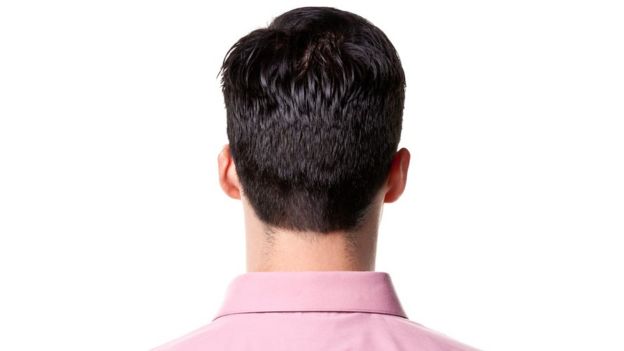European women twice as likely to be blonde as men, study says

Women from European descent are twice as likely to be naturally blonde as men, according to new research.
The largest ever genetic study on pigmentation looked at nearly 300,000 people of European descent.
It found 124 new genes that play a major role in determining human hair colour variation.
The report's authors say they are not sure why there are so many more blonde women than men, calling it an "intriguing mystery".
The study which is published in Nature Genetics, builds on previous genetic studies that had only identified a dozen or so hair colour genes.
The data was supplied by the UK Biobank, American DNA testing company 23andMe and the International Visible Trait Genetics Consortium and their study partners in the Netherlands, Australia and Italy.
They chose people of European descent because of their variety in hair colours.
They found men were three times as likely as women to have black hair.
Prof Tim Spector, joint lead author, from Kings College London, told the BBC they were not expecting to find so many more blonde women than men.
"It's a mystery and it's intriguing because it wasn't what we were looking for. We thought it was a bias but it wouldn't go away and it's found in every sub-group of every population we saw," he said.
"It's a curious mystery because it's a very big effect - to see two and threefold effects both in a whole variety of American populations and European ones was quite amazing."

The researchers say it opens up a whole new area of research to discover why, but Prof Spector has some theories.
"We thought it might have something to do with the attraction of women for darker skinned men and vice versa - but we don't think the genes are any different. We think the genes are being expressed differently - so for some reason the blonde genes that may be there at birth are persisting in females and disappearing in males."
So blonde women are just as likely to give birth to blonde boys as blonde girls, but the boys are not keeping their genetically blonde hair when they grow up.
The changing of the expression of genes - switching them off and on - is known as epigenetics.
Prof Spector said it could be other genes that are affecting the process and there are examples of this in mice studies where chemicals, stress and hormones were found to affect the way some of the pigment genes work.
"But some of it could be for evolutionary reasons because blonde women are more likely to be successful with men and men are more likely to be more successful with women if they're dark-haired rather than light-haired.
"A lot of this is speculation - but it opens up a whole new area of research to try and work out why genes might be expressed differently in men and woman and what the motive is - and whether this is a recent cultural change."

The discovery of 124 genes connected to hair colour also revealed some links to cancers such as skin, testicular, prostate and ovarian.
Other pigment genes they found affected the chances of having Crohn's disease and other forms of bowel disease.
The researchers, who include experts at Erasmus MC University Medical Centre in Rotterdam, hope their discoveries will help improve the understanding of these diseases and help develop new drugs to target these genes.
The genes also make it easier and more accurate to predict hair colour from DNA, which could help in forensic science for solving crimes, they add.
Source: http://www.bbc.com/news/health-43782751


No comments